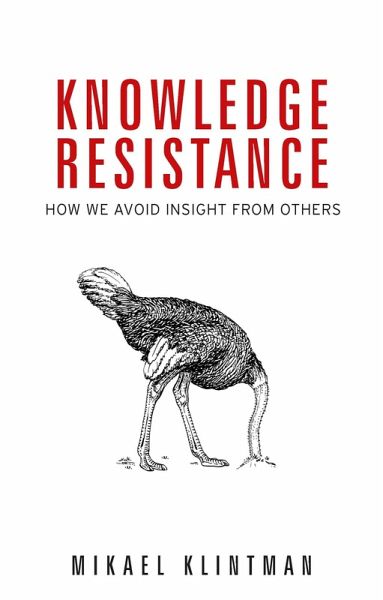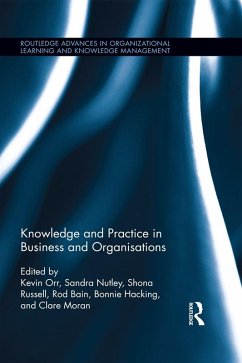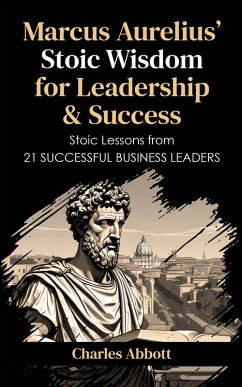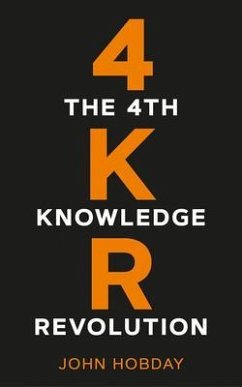
Knowledge resistance (eBook, ePUB)
How we avoid insight from others
Versandkostenfrei!
Sofort per Download lieferbar
12,95 €
inkl. MwSt.
Weitere Ausgaben:

PAYBACK Punkte
6 °P sammeln!
Why do people and groups ignore, deny and resist knowledge about society's many problems? In a world of 'alternative facts', 'fake news' that some believe could be remedied by 'factfulness', the question has never been more pressing. After years of ideologically polarised debates on this topic, the book seeks to further advance our understanding of the phenomenon of knowledge resistance by integrating insights from the social, economic and evolutionary sciences. It identifies simplistic views in public and scholarly debates about what facts, knowledge and human motivations are and what 'ration...
Why do people and groups ignore, deny and resist knowledge about society's many problems? In a world of 'alternative facts', 'fake news' that some believe could be remedied by 'factfulness', the question has never been more pressing. After years of ideologically polarised debates on this topic, the book seeks to further advance our understanding of the phenomenon of knowledge resistance by integrating insights from the social, economic and evolutionary sciences. It identifies simplistic views in public and scholarly debates about what facts, knowledge and human motivations are and what 'rational' use of information actually means. The examples used include controversies about nature-nurture, climate change, gender roles, vaccination, genetically modified food and artificial intelligence. Drawing on cutting-edge scholarship as well as personal experiences of culture clashes, the book is aimed at the general, educated public as well as students and scholars interested in the interface of human motivation and the urgent social problems of today.
Dieser Download kann aus rechtlichen Gründen nur mit Rechnungsadresse in A, D ausgeliefert werden.













